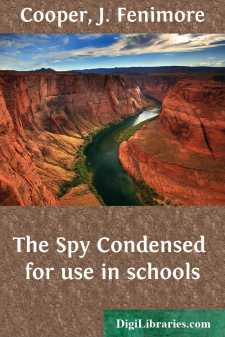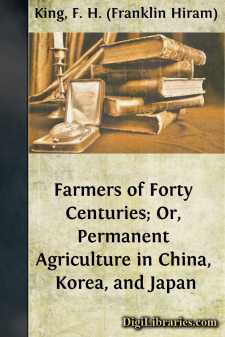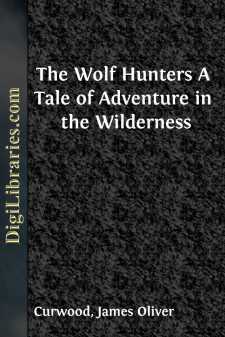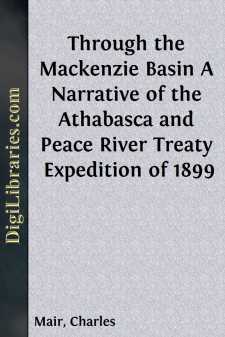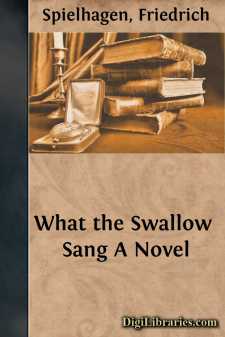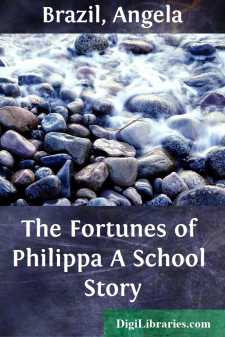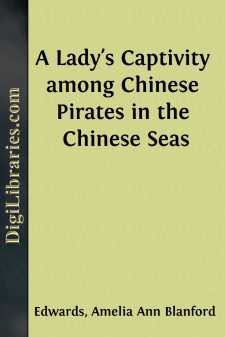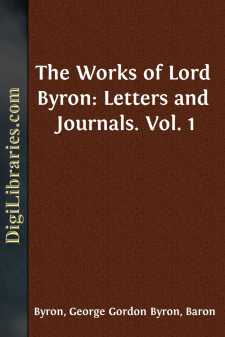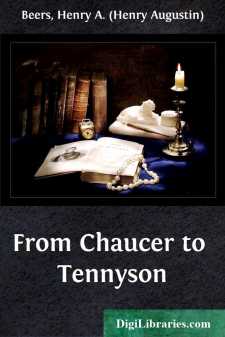Fiction
- Action & Adventure 180
- Biographical 15
- Christian 59
- Classics
- Coming of Age 5
- Contemporary Women 3
- Erotica 8
- Espionage/Intrigue 12
- Fairy Tales, Folklore & Mythology 236
- Family Life 169
- Fantasy 117
- Gay 1
- General 596
- Ghost 32
- Historical 808
- Horror 43
- Humorous 160
- Jewish 25
- Legal 4
- Medical 22
- Mystery & Detective 315
- Political 49
- Psychological 41
- Religious 64
- Romance 159
- Sagas 11
- Science Fiction 730
- Sea Stories 113
- Short Stories (single author) 537
- Sports 10
- Suspense 1
- Technological 8
- Thrillers 2
- Urban Life 31
- Visionary & Metaphysical 1
- War & Military 173
- Westerns 199
Classics Books
Sort by:
INTRODUCTION. James Fenimore Cooper was born in Burlington, N. J., in 1789—the year in which George Washington was inaugurated first President of the United States. His boyhood was passed at Cooperstown, N. Y., a village founded by his father. After completing his studies at Yale, young Cooper entered the American navy as midshipman, subsequently obtaining the rank of lieutenant. He also made some...
more...
A word of introduction is needed to place the reader at the best view point from which to consider what is said in the following pages regarding the agricultural practices and customs of China, Korea and Japan. It should be borne in mind that the great factors which today characterize, dominate and determine the agricultural and other industrial operations of western nations were physical...
more...
CHAPTER I THE FIGHT IN THE FOREST Cold winter lay deep in the Canadian wilderness. Over it the moon was rising, like a red pulsating ball, lighting up the vast white silence of the night in a shimmering glow. Not a sound broke the stillness of the desolation. It was too late for the life of day, too early for the nocturnal roamings and voices of the creatures of the night. Like the basin of a great...
more...
by:
Charles Mair
Chapter I Mr. Laird, with his staff, left Winnipeg for Edmonton by the Canadian Pacific express on the 22nd of May, two of the Commissioners having preceded him to that point. The train was crowded, as usual, with immigrants, tourists, globe-trotters and way-passengers. Parties for the Klondike, for California or Japan—once the far East, but now the far West to us—for anywhere and everywhere, a...
more...
CHAPTER IBACK OF THE TRENCHES "Tom, what do you suppose that strange man who looked like a French peasant, yet wasn't one, could have been up to late yesterday afternoon?" "You mean the fellow discovered near the hangars at the aviation camp, Jack?" "Yes. He seemed to go out of sight like a wreath of smoke does. Why, if the ground had opened and swallowed him up, once the hue...
more...
CHAPTER I. "I won't give you any farther trouble, I can find what I want myself." The sexton's wife looked at the gentleman in some little surprise, and then glanced at the bunch of huge keys which hung in the door she had just opened for the stranger. "That's right; you need not be uneasy, I shall not stay long, and here is something for your trouble." He pressed a piece...
more...
by:
Angela Brazil
"When we two partedIn silence and tears,Half broken-heartedTo sever for years." MUST I really go?" "I'm afraid it has come to that, Philippa! I believe I have kept you here too long already. You're ten years old now, growing a tall girl, and not learning half the things you ought to. I feel there's something wrong about you, but I don't know quite how to set it...
more...
CHAPTER I. Departure from Havre—Regrets—A Barrier of Rocks—Rio Janeiro—Departure from Rio—Six Weeks at Sea—Cape Horn—Storms—Death of a Sailor—Catching a Shark—Land! Land!—The Gold Country. In the year 1852, on a fine spring morning, I arrived in Havre with my eldest sister, who was going, on commercial matters, to California. We spent several days in Havre; and on the 30th of May,...
more...
PREFACE Two great collections of Byron's letters have been already printed. In Moore's 'Life', which appeared in 1830, 561 were given. These, in FitzGreene Halleck's American edition of Byron's 'Works', published in 1847, were increased to 635. The first volume of a third collection, edited by Mr. W. E. Henley, appeared early in 1897. A comparison of the number...
more...
The conscious water saw its Lord and blushed. Abraham Cowley is now less remembered for his poetry than for his pleasant volume of essays, published after the Restoration; but he was thought in his own time a better poet than Milton. His collection of love songs—the Mistress—is a mass of cold conceits, in the metaphysical manner; but his elegies on Crashaw and Harvey have much dignity and natural...
more...


